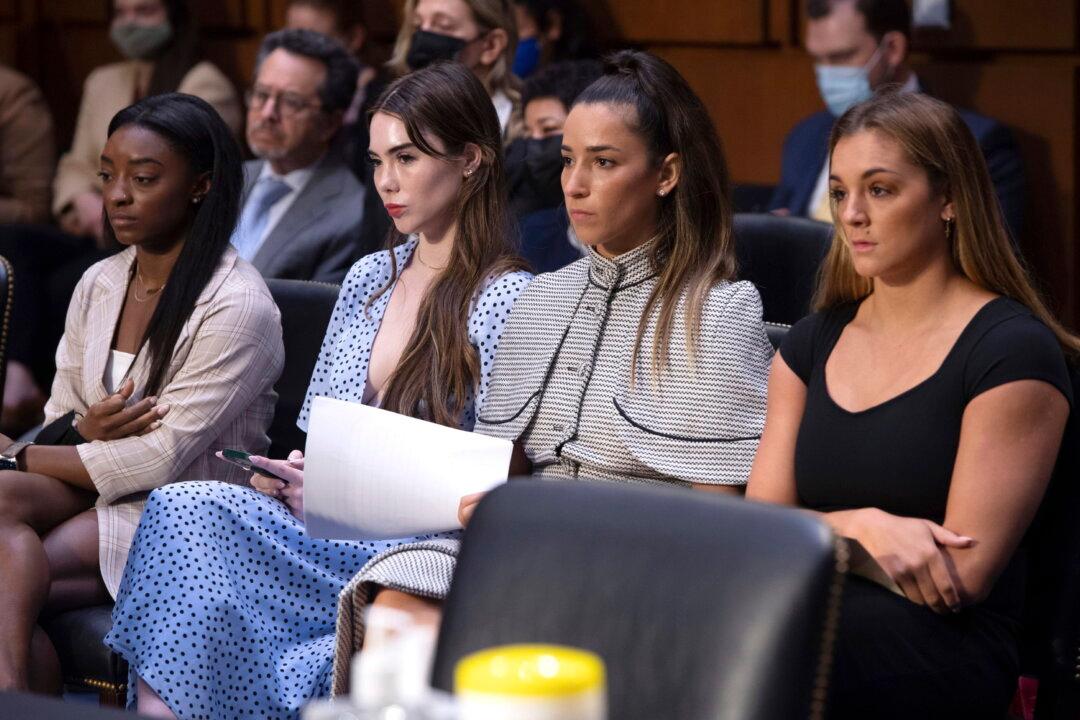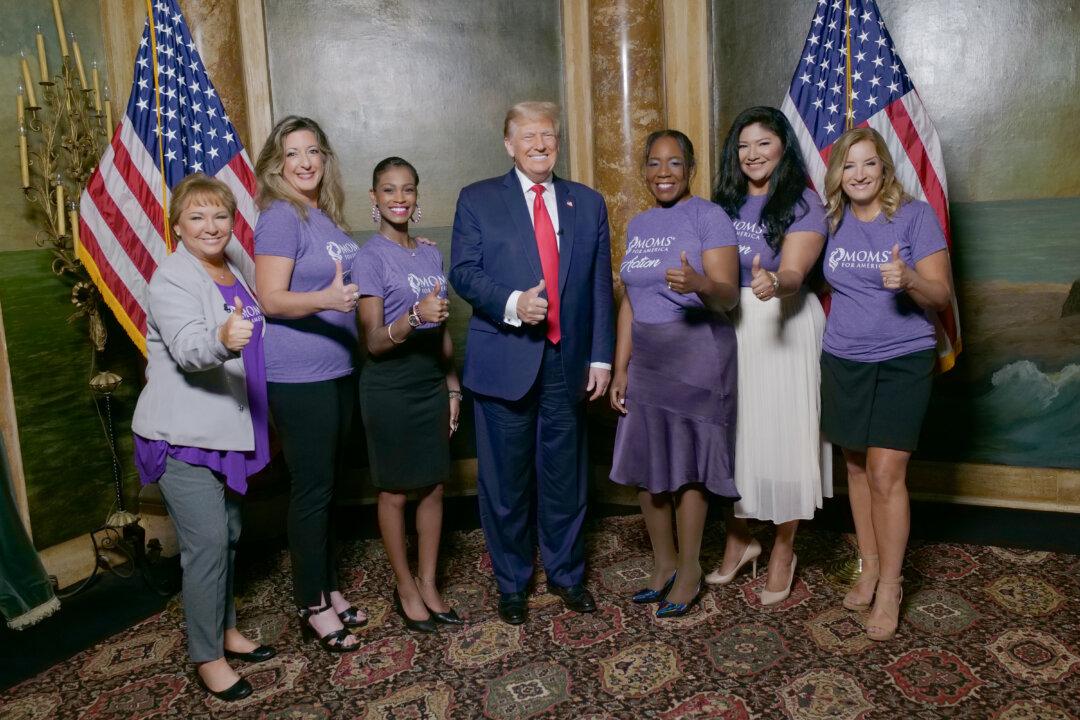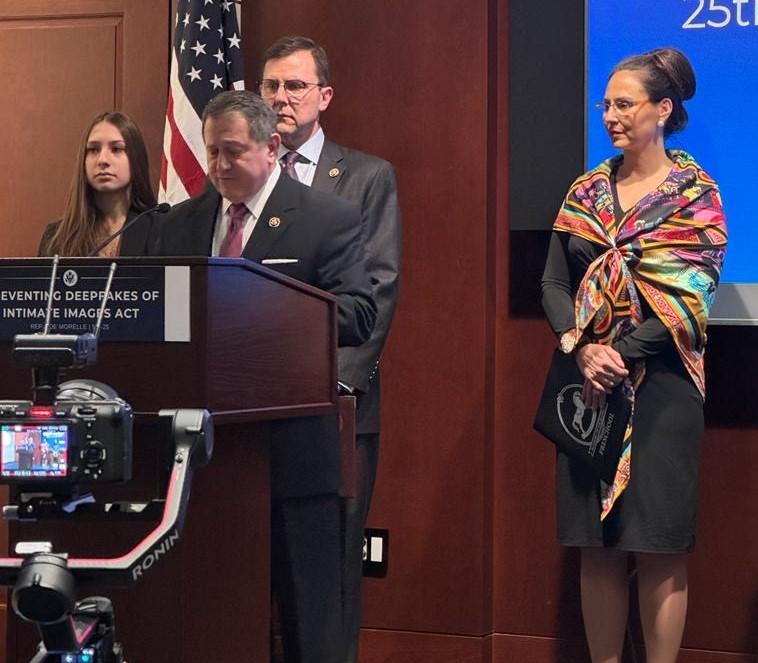For nearly 20 years, Larry Nassar used his role as a physician employed by Michigan State University and USA Gymnastics to, under the guise of performing medical treatment, sexually assault female athletes, most of whom were gymnasts and many who were minors when the abuse began.
Among the hundreds of Nassar victims—at least 265 women have accused him of sexual assault—were members of U.S. Olympic and national gymnastics teams.





